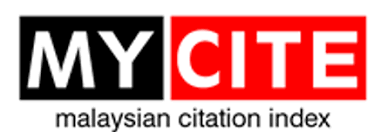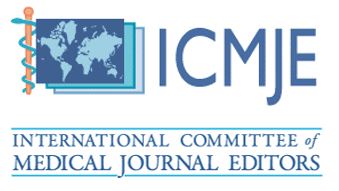Diabetes: ‘Poverty amidst Plenty’ and ‘Hunger – in the Modern World of Plenty’ in the Twenty First Century
DOI:
https://doi.org/10.51200/bjms.v11i3.973Abstract
According to the latest report of the United Nations (UN), about 20 million people are facing famine with around 1.4 million children are at a risk of dying. Secretary General Antonio Guterres of the United Nations has made it clear to the world that, parts of Nigeria, Somalia, Yemen and south Sudan are at a higher risk of the famine and a possible catastrophe that may be highly dangerous to the mankind. Diabetes mellitus is a metabolic disorder, wherein plenty of sugars or glucose in the blood circulation, keep the cells and tissues hungry because it is an insulin related disorder. Similarly, in the modern World of plenty, where a greater number of World populations are filled with enormous wealth and food and amidst this population, a less fortunate population is dying because of hunger! Shortage of food, malnourishment and few people dying on a daily basis are the outcome of the famine. According to the UN, lack of money in the UN treasury, donor countries, conflicts, problems of delivery of relief are few of the concerns which are looming the UN.Downloads
Published
How to Cite
Issue
Section
License
All articles are published under the Creative Commons Attribution-NonCommercial (CC BY-NC 4.0) license, enabling users to read, download, copy, distribute, and adapt the material for non-commercial purposes, provided proper credit is given to the original authors and the source. This model supports transparency, accessibility, and the global exchange of medical knowledge.








1.png)





